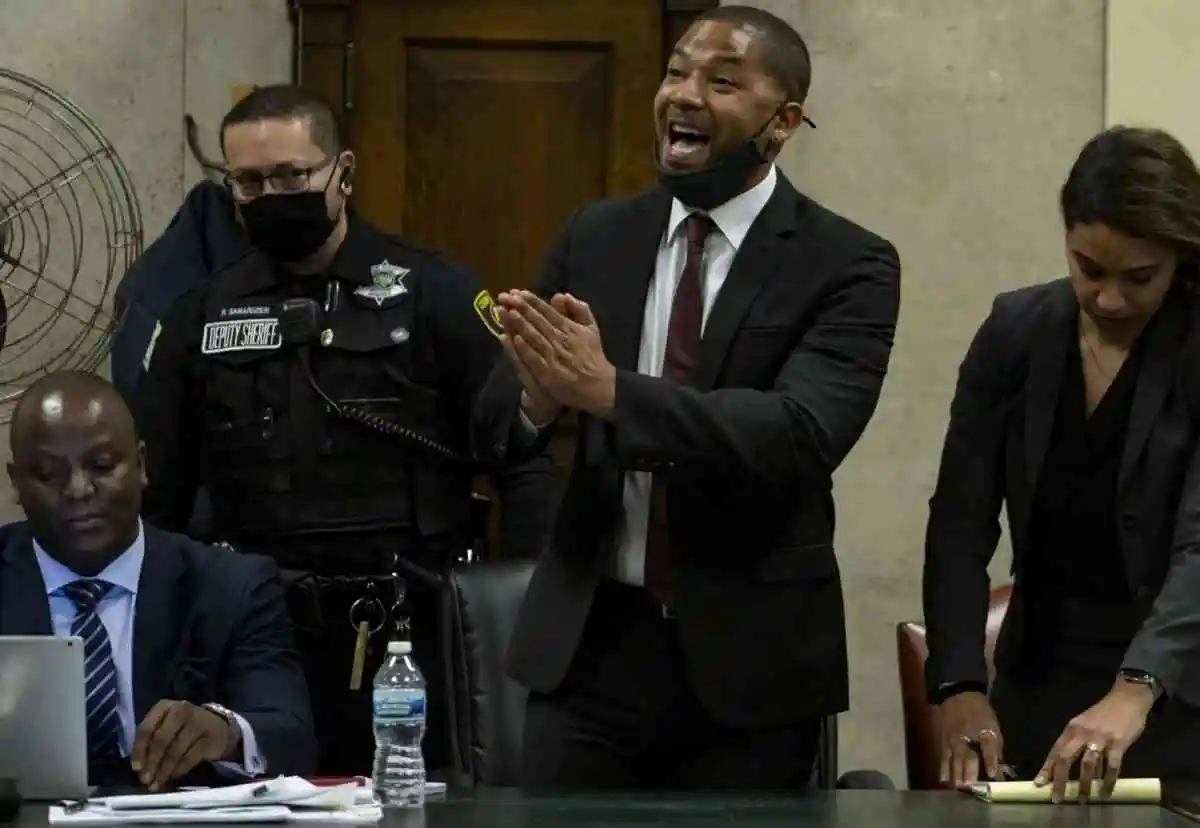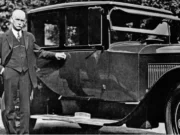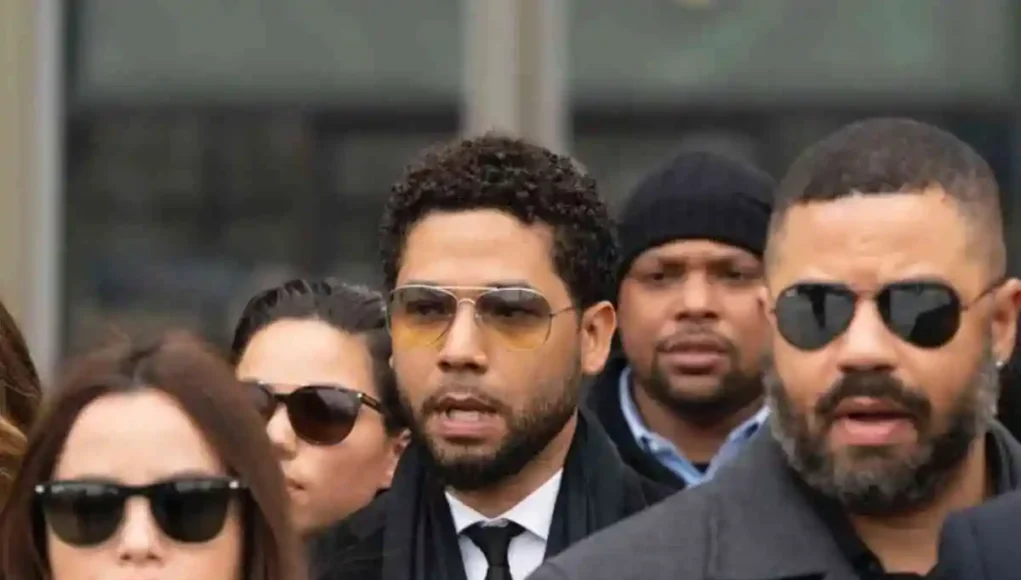Jussie Smollett’s Case : The Illinois Supreme Court has sparked a heated debate by overturning the conviction of actor Jussie Smollett, who was found guilty in 2021 of staging a hate crime. This controversial decision has drawn sharp criticism from special prosecutor Dan Webb, who led the investigation into the widely publicized hoax. Webb has publicly rebuked the court’s ruling, stating that it does not exonerate Smollett and undermines established legal precedent.

Smollett, best known for his role in the TV drama Empire, made headlines in 2019 when he claimed to have been attacked in a racially and politically motivated assault. However, investigations revealed that the incident was orchestrated by Smollett himself, with the help of two Nigerian brothers.
Special Prosecutor Condemns Supreme Court’s Decision
Dan Webb, the special prosecutor appointed to revisit the case in 2020, expressed frustration over the ruling. In a statement to the Daily Mail, Webb clarified that the decision to overturn Smollett’s conviction was based on procedural technicalities rather than the evidence presented.
“The ruling has nothing to do with Mr. Smollett’s innocence,” Webb asserted, emphasizing the overwhelming evidence gathered against the actor. He added that the decision undermines years of investigative work by his team and the Chicago Police Department.
The court overturned the conviction on grounds that Smollett’s retrial violated due process, pointing to an agreement made in 2019 with the Cook County State’s Attorney’s Office (CCSAO). This agreement stipulated that Smollett would not face further prosecution after the initial charges were dropped, a point that the Illinois Supreme Court deemed critical to their decision.

Details of the Hoax Incident
In January 2019, Smollett reported being attacked by two men wearing MAGA hats, alleging they hurled racial slurs and tied a noose around his neck. Investigations later revealed that the two individuals involved were Nigerian brothers hired by Smollett to stage the attack. The motivation behind the hoax, according to prosecutors, was to gain publicity and leverage for a higher salary on Empire.
Initially, Smollett faced 16 felony counts, which were unexpectedly dropped in March 2019 under unclear circumstances. This decision led to public outrage, prompting the appointment of Webb as a special prosecutor.
Legal Battles and Fallout
In December 2021, Smollett was found guilty on five counts of disorderly conduct, resulting in a 150-day jail sentence, 30 months of probation, and a $130,000 fine to cover investigative costs. Despite the conviction, Smollett served only six days of his sentence before being released on appeal.
The Illinois Supreme Court’s recent ruling has reignited public discourse, with many questioning whether justice was adequately served. Webb reiterated that the agreement with CCSAO in 2019 did not legally prohibit re-prosecution, a point seemingly overlooked by the court.
Industry and Public Reaction
Smollett’s actions drew widespread criticism, leading to his removal from the final episodes of Empire and ultimately the show’s conclusion in 2020. In an interview on iHeart Radio’s “The Breakfast Club,” Lee Daniels expressed his willingness to collaborate with Smollett despite the alleged hate crime hoax.
Daniels, in a recent interview, described Smollett as a “son” and admitted he remains uncertain about the veracity of the allegations. “I still don’t know what to believe,” Daniels shared, reflecting the broader public sentiment about the case.
The Illinois Supreme Court’s decision to overturn Jussie Smollett’s conviction highlights the complexities of legal technicalities versus substantive evidence. While Smollett’s name may have been cleared legally, the shadow of his alleged actions lingers. As Dan Webb aptly put it, “He is not innocent.”
This case serves as a reminder of the intricate balance between procedural fairness and delivering justice, leaving many to question if the system worked as intended.






















